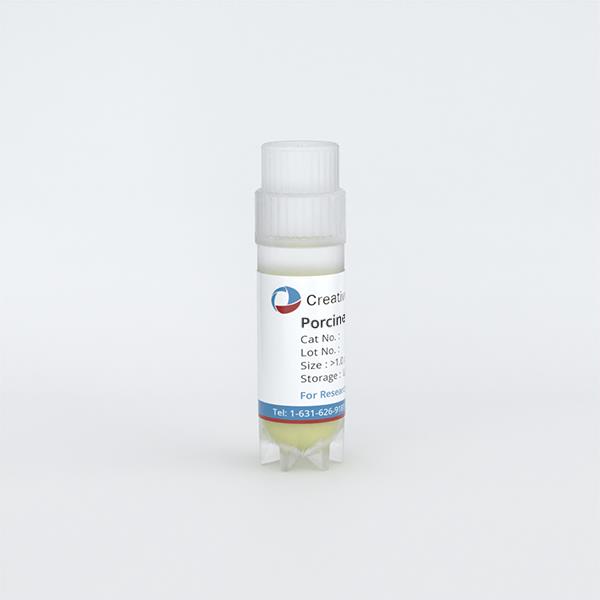ONLINE INQUIRY

Porcine PB Mononuclear Cells
Cat.No.: CSC-C4421X
Species: Pig
Source: Peripheral Blood; Blood
Cell Type: Mononuclear Cell
- Specification
- Q & A
- Customer Review
The degradation of L-glutamine leads to the formation of ammonia, which is toxic to some cells.
Ask a Question
Average Rating: 5.0 | 1 Scientist has reviewed this product
Full knowledge
I am very grateful to this company for the full knowledge and technical support to accompany me in my scientific research.
02 Aug 2023
Ease of use
After sales services
Value for money
Write your own review

